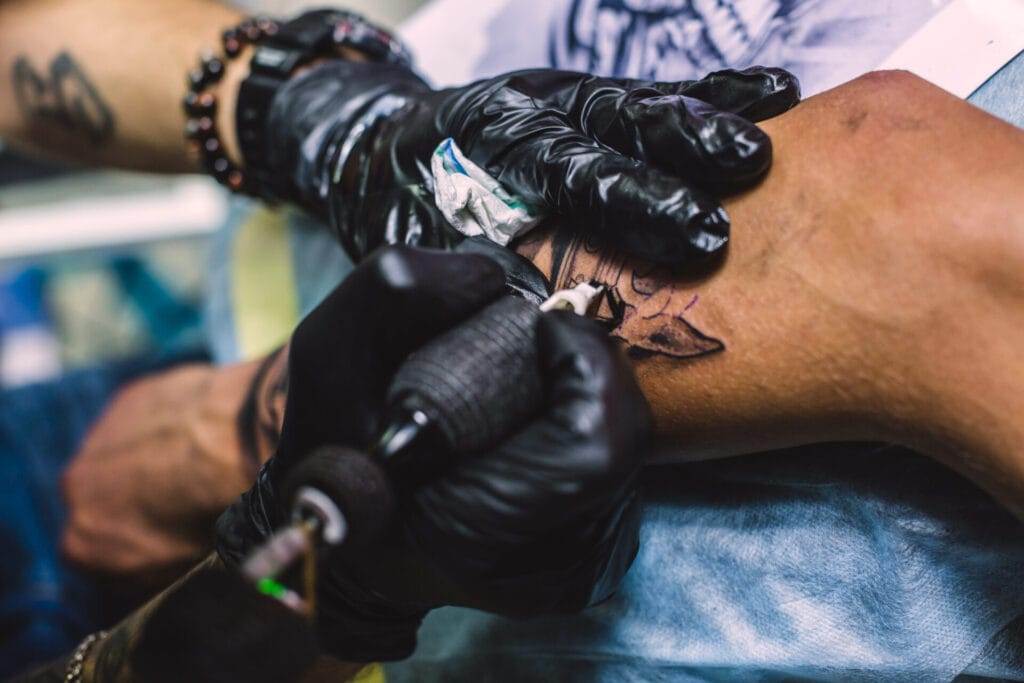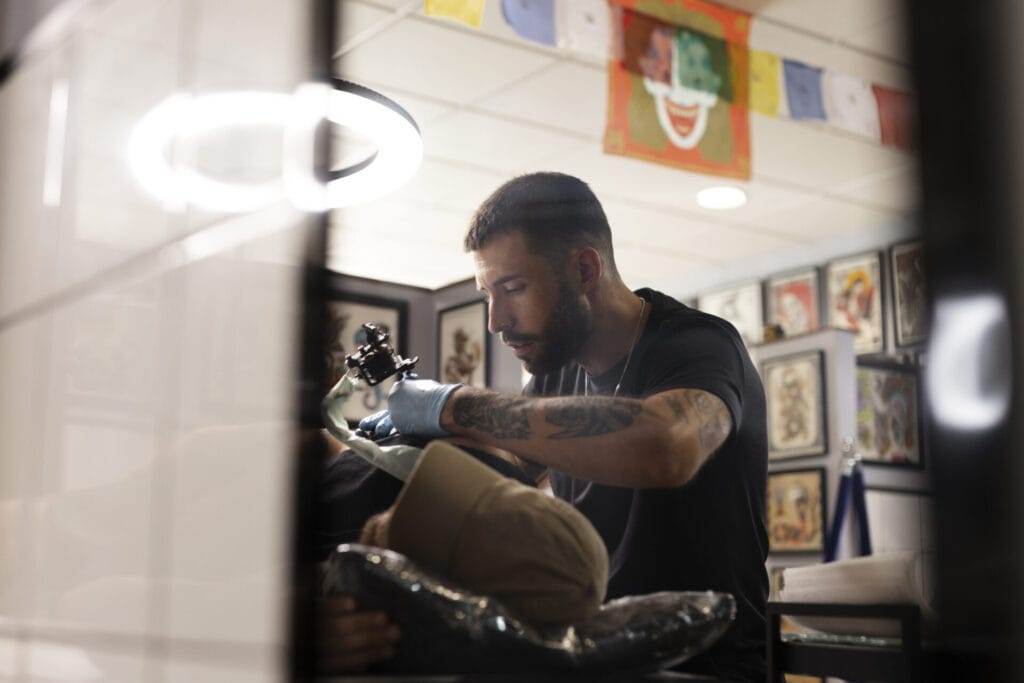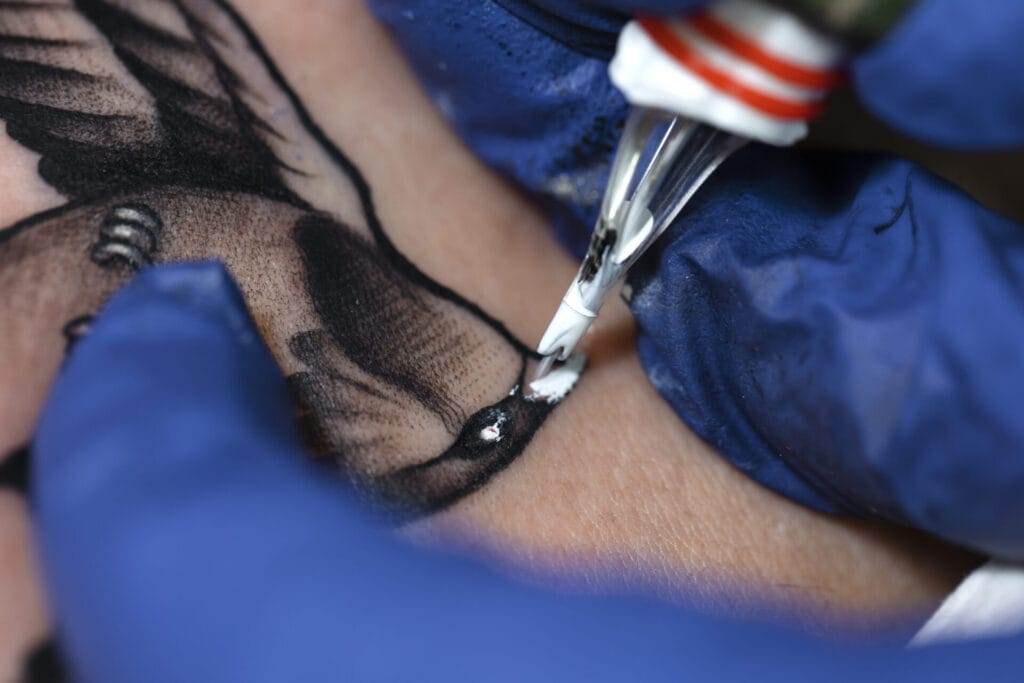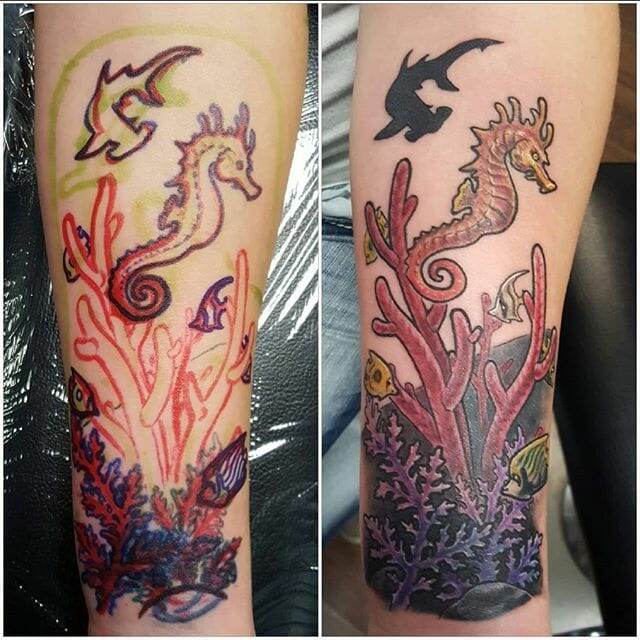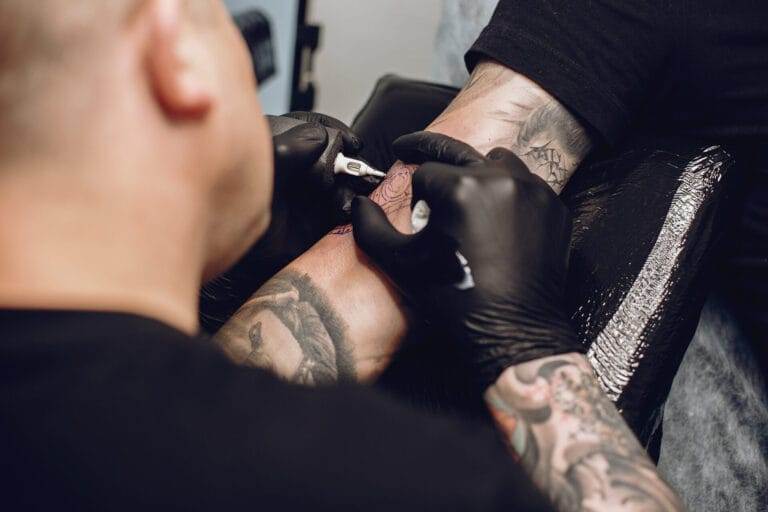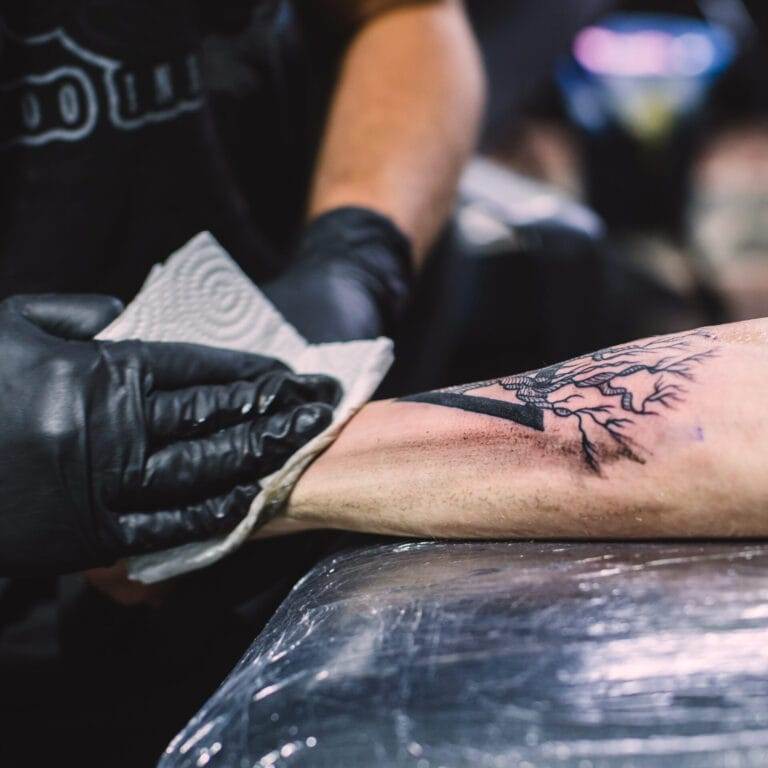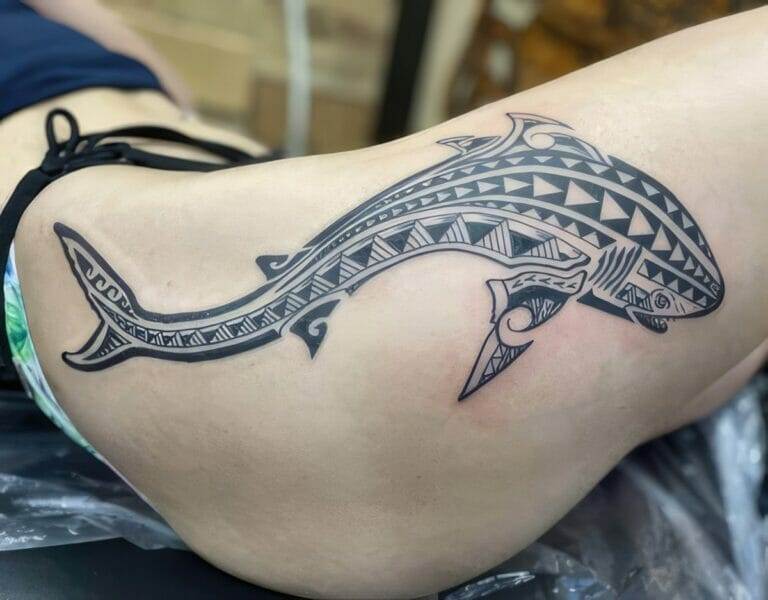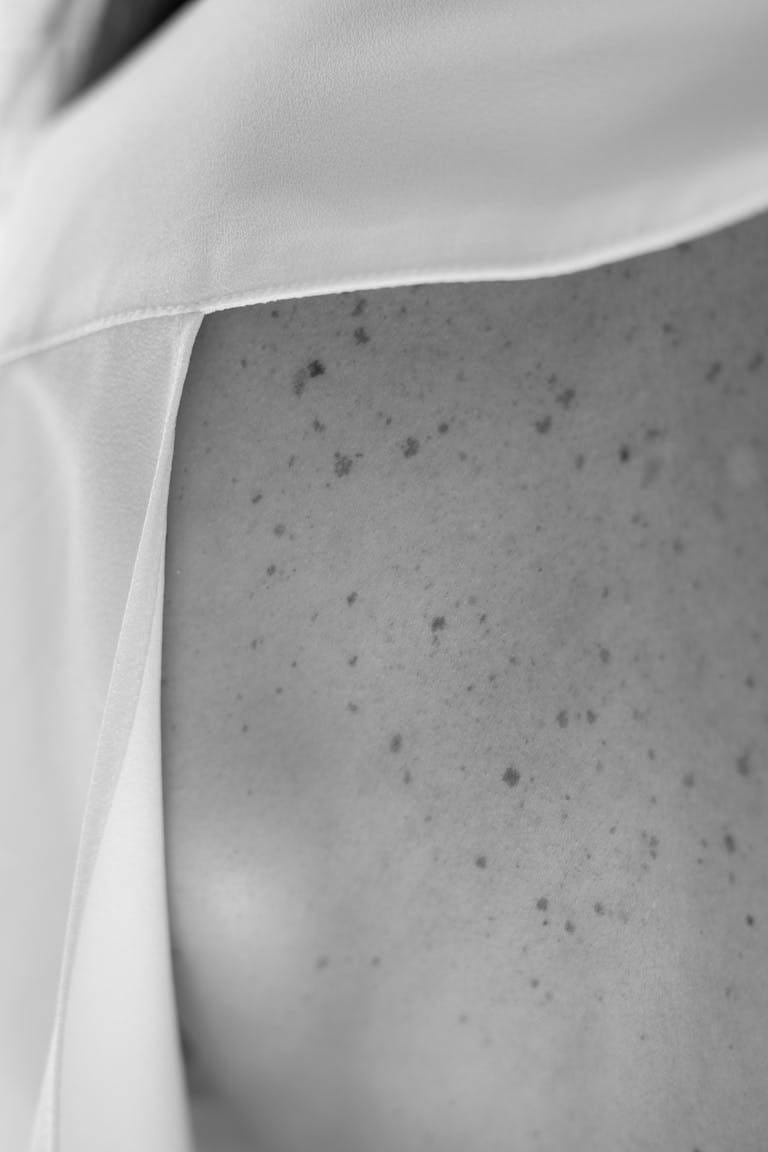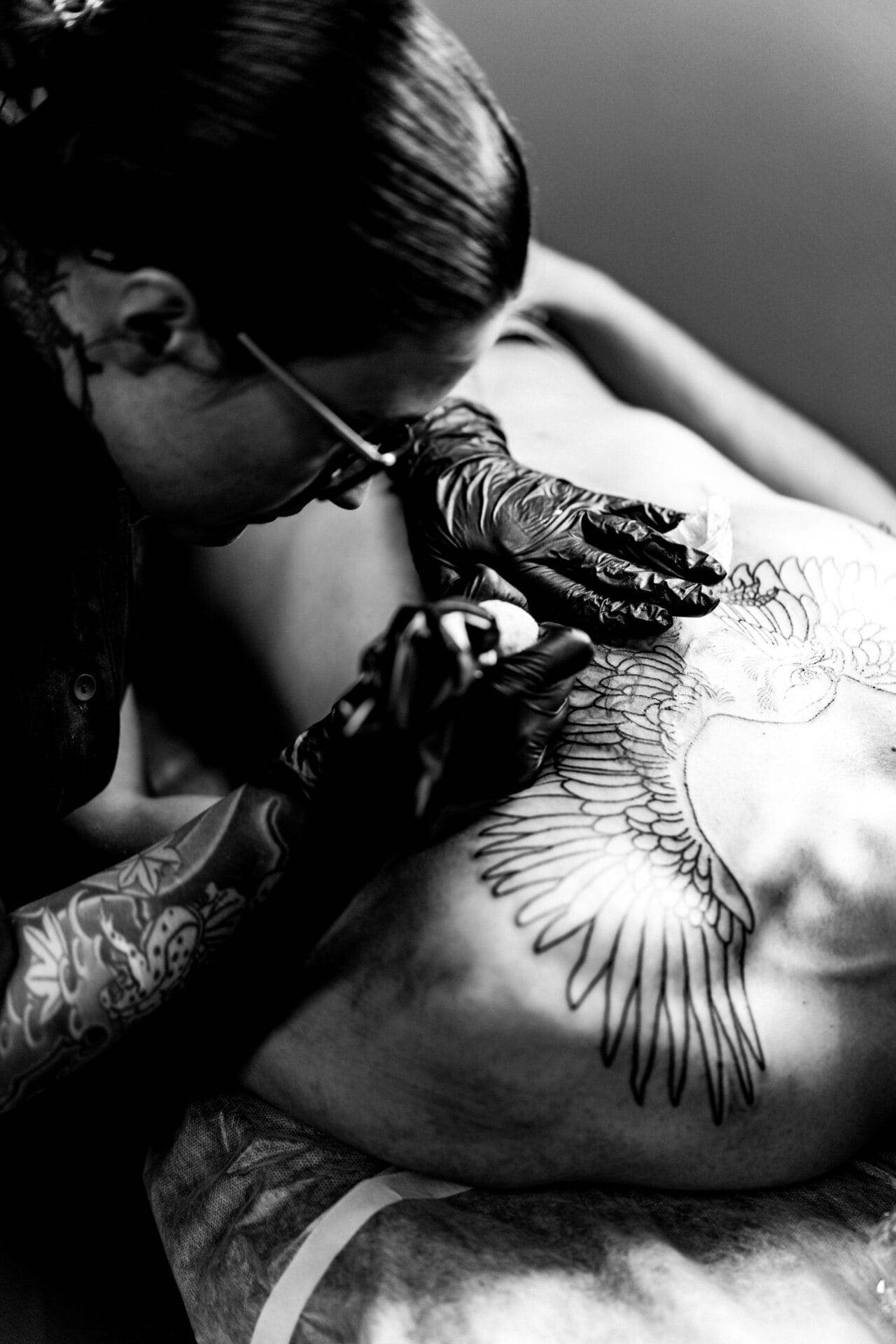
Cover-up tattoos have become increasingly popular in recent years as more and more people seek to transform their regrettable tattoos into something beautiful and meaningful. Whether it’s a poorly executed design, a tattoo that no longer represents who they are, or simply a change in personal taste, many individuals are opting to cover up their old tattoos rather than live with the constant reminder of a past mistake. This article will explore the rise in popularity of cover-up tattoos and delve into the various reasons why people choose to undergo this transformative process.
The psychological benefits of covering up a regrettable tattoo
Having a tattoo that no longer represents who you are can have a significant emotional impact. It can serve as a constant reminder of a past version of yourself that you have outgrown or moved on from. This can lead to feelings of regret, embarrassment, and even shame. By covering up the old tattoo, individuals can experience a sense of closure and relief. It allows them to visually erase a part of their past that no longer aligns with their present self.
The process of covering up a tattoo can also be cathartic. It provides an opportunity for individuals to take control of their body and reclaim their identity. By choosing a new design that reflects their current values, interests, or beliefs, they are able to create a fresh start and move forward with confidence. This act of self-care can be incredibly empowering and can contribute to an overall sense of self-acceptance and self-love.
How cover-up tattoos can help with self-acceptance and self-love
Cover-up tattoos can be a powerful tool for self-acceptance and self-love. They allow individuals to take ownership of their bodies and make choices that align with their true selves. By choosing to cover up an old tattoo, individuals are actively participating in their own healing process. They are acknowledging that they have grown and changed, and they are taking steps to honor and celebrate their current identity.
The process of covering up a tattoo can also be a form of self-care. It requires individuals to invest time, energy, and resources into themselves. They are prioritizing their own well-being and making choices that contribute to their overall happiness and self-esteem. This act of self-care can have a profound impact on one’s mental and emotional well-being, fostering a sense of self-acceptance and self-love.
The artistic possibilities of cover-up tattoos
One of the most exciting aspects of cover-up tattoos is the creative potential they offer. A skilled tattoo artist can transform an old, regrettable tattoo into a stunning work of art. The process of covering up a tattoo allows for endless possibilities in terms of design, color, and style. It can be an opportunity for individuals to collaborate with a talented artist and create something truly unique and meaningful.
Cover-up tattoos can also be a way to transform a negative experience into something beautiful. By choosing to cover up an old tattoo, individuals are taking control of their narrative and reframing their past mistakes as opportunities for growth and creativity. The process of covering up a tattoo can be seen as a form of artistic expression, allowing individuals to turn something negative into a positive and empowering experience.
The process of covering up a tattoo: what to expect
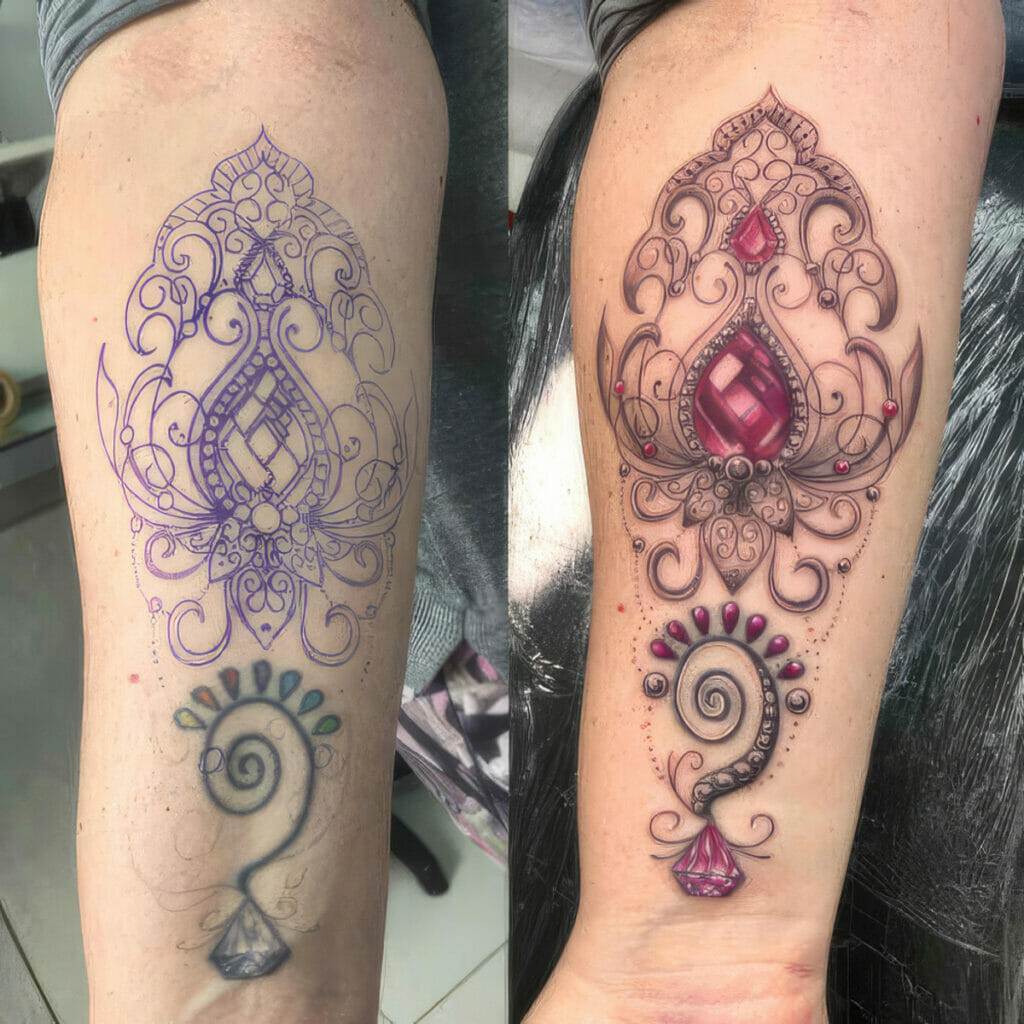
The process of covering up a tattoo involves several steps and considerations. First, individuals will need to consult with a tattoo artist to discuss their goals and vision for the cover-up. The artist will assess the old tattoo and determine the best approach for covering it up based on factors such as size, color, and placement.
Once a design has been chosen, the artist will begin the process of concealing the old tattoo. This may involve using techniques such as color blending, shading, or incorporating elements of the old tattoo into the new design. The process can be time-consuming and may require multiple sessions depending on the complexity of the cover-up.
It is important to note that covering up a tattoo is not always possible or feasible. In some cases, the old tattoo may be too dark or too large to effectively cover up. In these situations, individuals may need to explore other options such as laser tattoo removal or tattoo modification.
Tips for choosing a design that will effectively cover up an old tattoo
When choosing a design for a cover-up tattoo, there are several factors to consider. First and foremost, it is important to choose a design that will effectively conceal the old tattoo. This may involve selecting a design that is larger or darker than the original tattoo in order to effectively cover it up.
It is also important to choose a design that aligns with your personal style and interests. The cover-up tattoo should be something that you are proud to wear and that reflects your current identity. Take the time to research different design options and consult with your tattoo artist to ensure that you choose a design that you will be happy with for years to come.
The role of color and shading in covering up tattoos
Color and shading play a crucial role in creating a successful cover-up tattoo. The right combination of colors and shading techniques can effectively conceal the old tattoo and create a visually appealing design. A skilled tattoo artist will be able to use color blending and shading to seamlessly integrate the new design with the old tattoo, creating a cohesive and aesthetically pleasing result.
It is important to work closely with your tattoo artist to determine the best color and shading options for your cover-up tattoo. They will be able to assess the existing tattoo and recommend the most effective techniques for achieving the desired result. By utilizing color and shading effectively, individuals can achieve a cover-up tattoo that looks natural and visually stunning.
The benefits of cover-up tattoos for people in recovery
Cover-up tattoos can be particularly beneficial for individuals in recovery from addiction or other challenging life experiences. They can serve as a visual representation of a new chapter in their lives, marking their journey of healing and growth. Covering up an old tattoo can be a way to let go of past mistakes or painful memories and embrace a fresh start.
For individuals in recovery, cover-up tattoos can also be a form of healing and empowerment. They can serve as a reminder of their strength and resilience, symbolizing their ability to overcome adversity and create positive change in their lives. Cover-up tattoos can be a powerful tool for self-expression and personal growth, allowing individuals to assert their identity and celebrate their progress.
How cover-up tattoos can be a form of empowerment and self-expression
Cover-up tattoos offer individuals the opportunity to assert their identity and express themselves creatively. By choosing to cover up an old tattoo, individuals are making an active choice to reclaim their bodies and make choices that align with their true selves. This act of empowerment can have a profound impact on one’s self-esteem and overall sense of well-being.
Cover-up tattoos also provide a unique opportunity for self-expression and creativity. The process of covering up a tattoo allows individuals to collaborate with a talented artist and create a design that is meaningful and visually stunning. It can be a way to showcase one’s individuality and unique style, allowing individuals to wear their values, interests, or beliefs proudly on their skin.
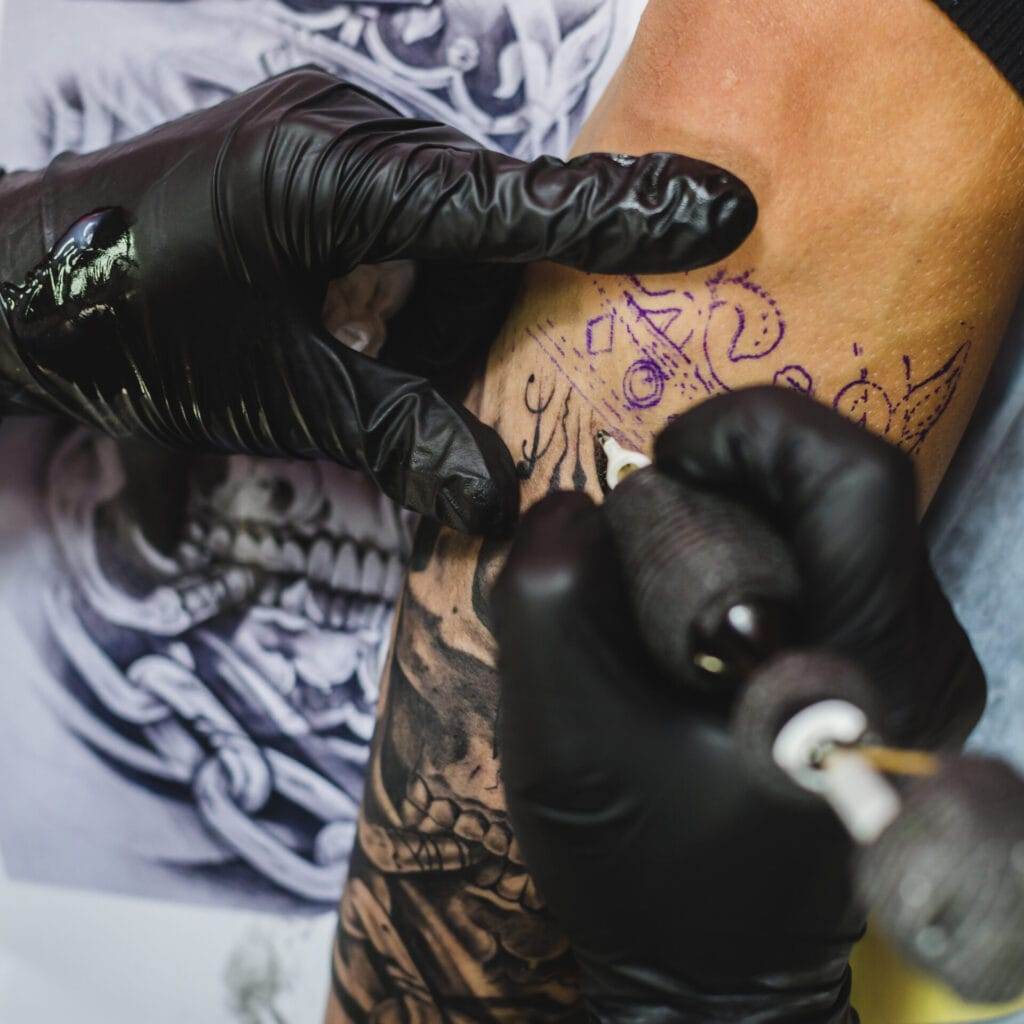
Why cover-up tattoos are a positive choice for many people
In conclusion, cover-up tattoos have gained popularity in recent years as more and more people seek to transform their regrettable tattoos into something beautiful and meaningful. The psychological benefits of covering up a tattoo are significant, providing individuals with a sense of closure, relief, and self-acceptance. Cover-up tattoos can also be a form of empowerment and self-expression, allowing individuals to reclaim their bodies and assert their identity.
The artistic possibilities of cover-up tattoos are endless, offering individuals the opportunity to collaborate with skilled tattoo artists and create stunning works of art. Finding the right tattoo artist is crucial to ensuring a successful outcome, as they will have the expertise necessary to guide the process and create a cover-up tattoo that individuals can be proud of.
Cover-up tattoos can be a positive choice for people looking to move on from a regrettable tattoo. They offer the opportunity for healing, growth, and self-expression, allowing individuals to transform a negative experience into something beautiful and empowering. Whether it’s marking a new chapter in one’s life or simply reclaiming one’s body and identity, cover-up tattoos have the potential to be a powerful tool for personal transformation.

